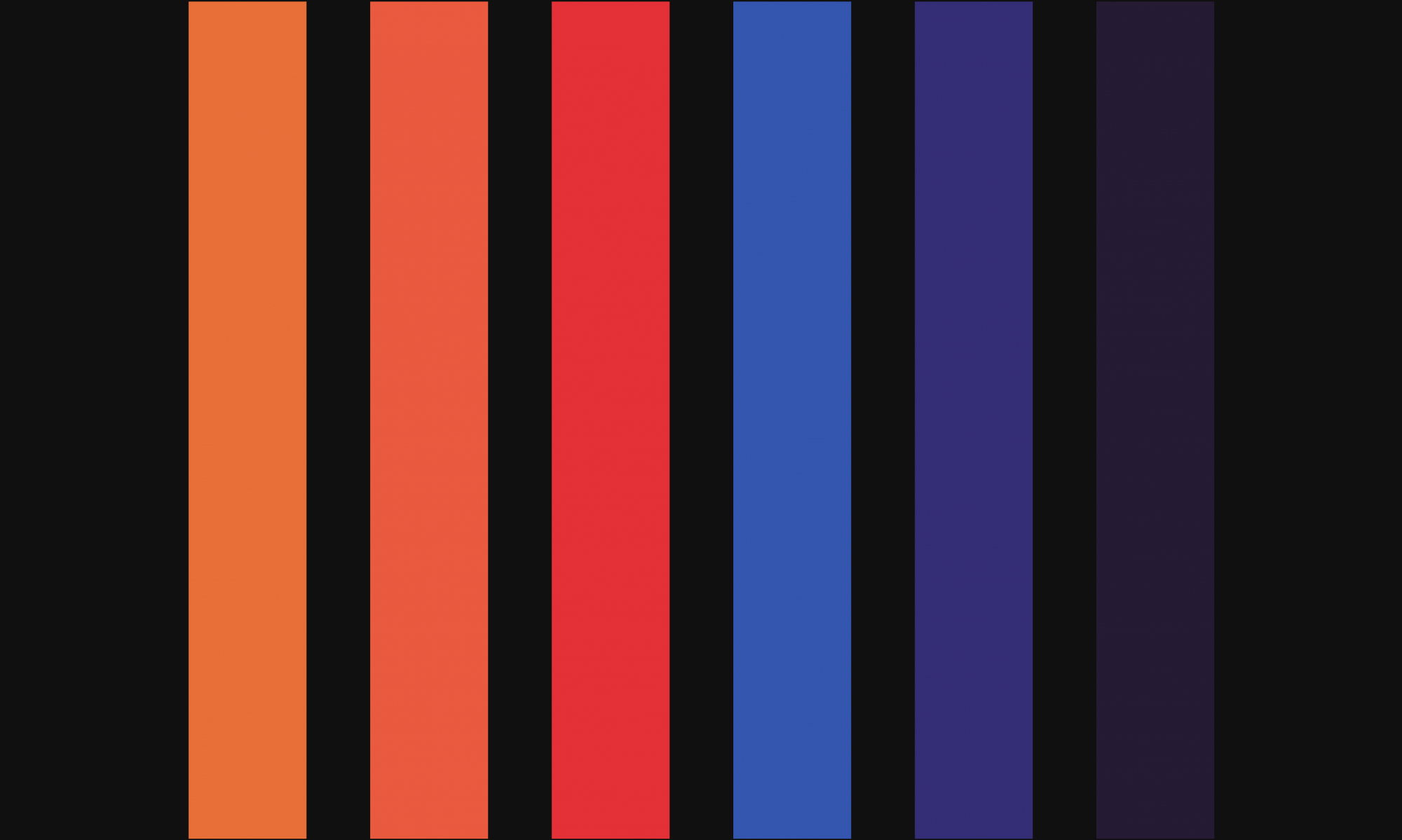Accessing reliable data from certain groups in HW/FI has proven particularly challenging. More importantly, the Covid-19 pandemic has resulted in profound consultation fatigue in general and particularly of those in vulnerable groups. For this research, this means the creatives in work/lives spaces and warehouses in HW/FI. This group is of particular interest not only because they are often left out of the reach of support interventions and policies but also because their needs are not always well-known to policymakers.
To address this situation, we have partnered with Creative Wick’s Living Lab to develop a Citizen Scientist approach that could complement our research.
“A citizen scientist is a volunteer who collects and/or processes data as part of a scientific enquiry. Projects that involve citizen scientists are burgeoning, particularly in ecology and the environmental sciences, although the roots of citizen science go back to the very beginnings of modern science itself.”
(Silvertown, 2009)
Creative Wick is a non-profit Community Interest Company and sits on the Creative Enterprise Zone (CEZ) steering group. The Living Lab is a collaborative endeavour that looks at bringing together local higher education institutions, the development sector, businesses, brands and community stakeholders to engage in research projects and experiments that explore how social and creative enterprise can build sustainable communities.
In their first project, the Living Lab will collaborate with our research project to help us understand the impact of the Covid 19 pandemic and associated support measures on creative businesses.
The Citizen Scientists methodology to be used has been developed by UCL and aims to involve local people to conduct social research in their community.
The Living Lab will be recruiting citizen scientists living or working in Hackney Wick, Fish Island and the wider Olympic Park area. Citizen scientists will be trained in research ethics, qualitative and quantitative methods and data analysis. They will conduct a series of short interviews with artists, makers, creative practitioners, and businesses in the area. They will also participate in the analysis of the data to better capture and reflect what matters to local residents and organisations.
Citizen scientists will receive online training in mid-January 2021 and will be engaged in data collection from the end of that month until mid-February 2021. Importantly, participation in the research will be remunerated in line with the London Living Wage.
Silvertown, J. (2009). A new dawn for citizen science. Trends in ecology & evolution, 24(9), 467-471.

